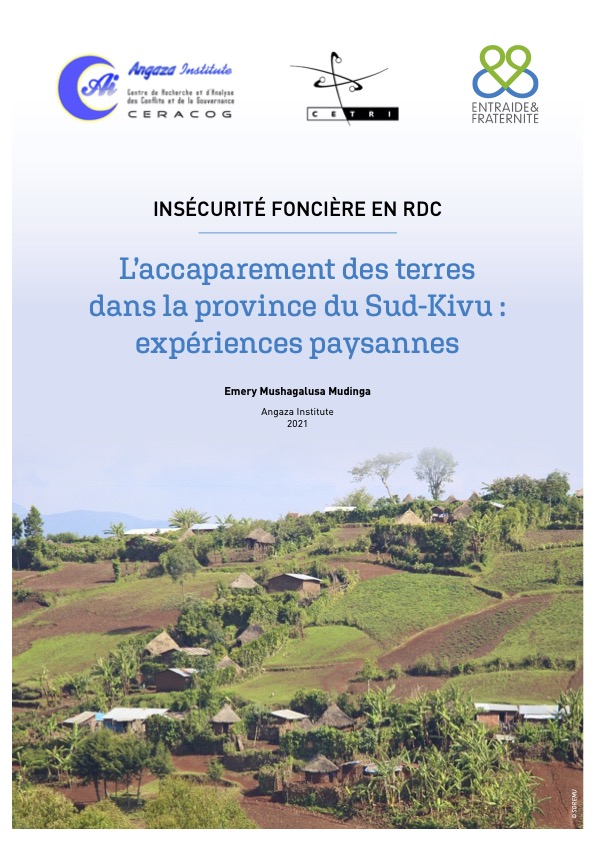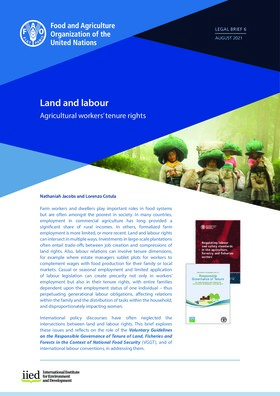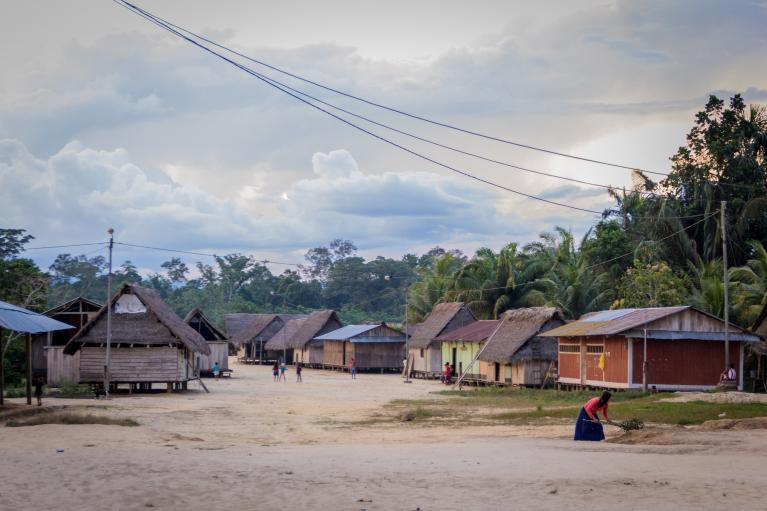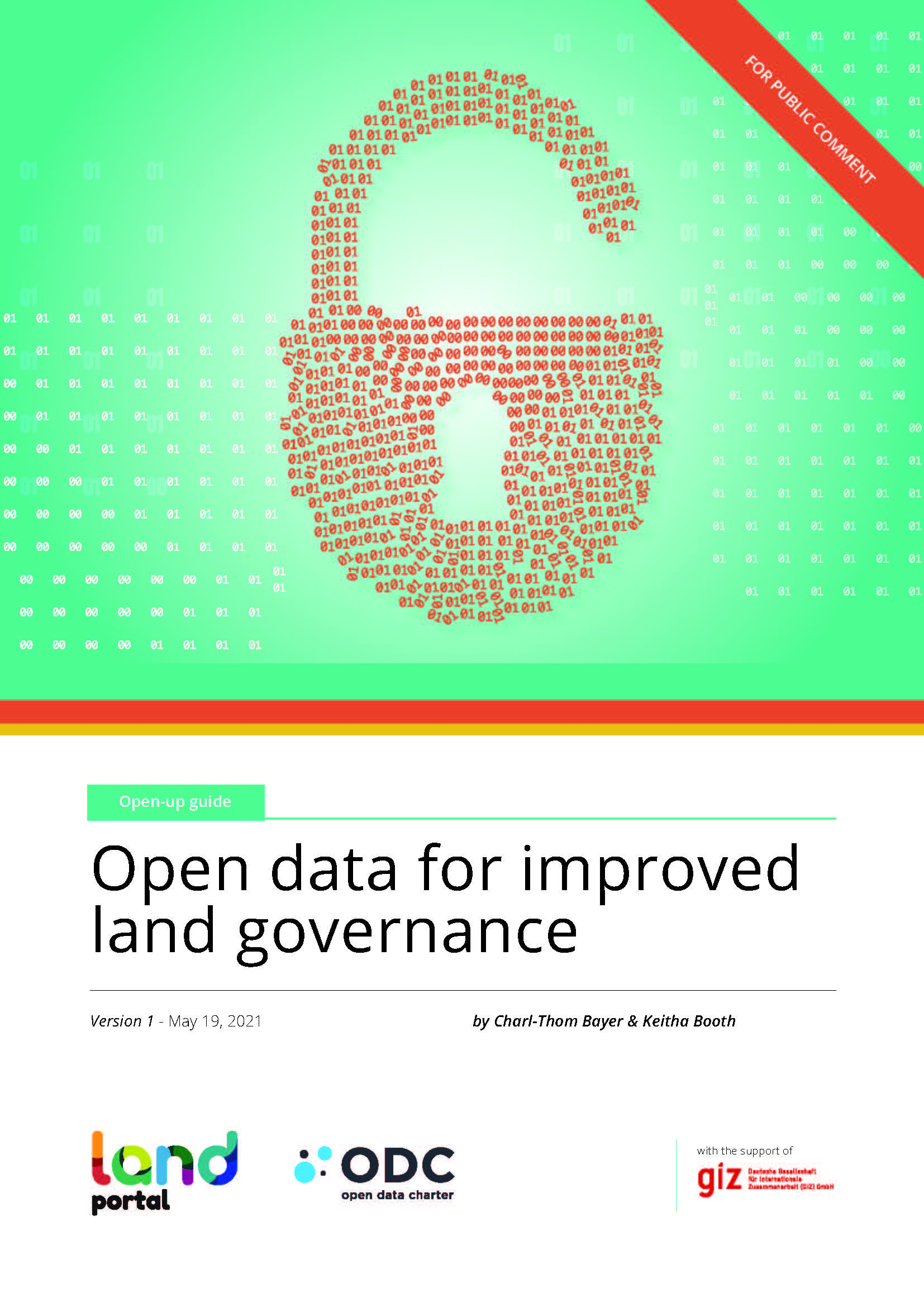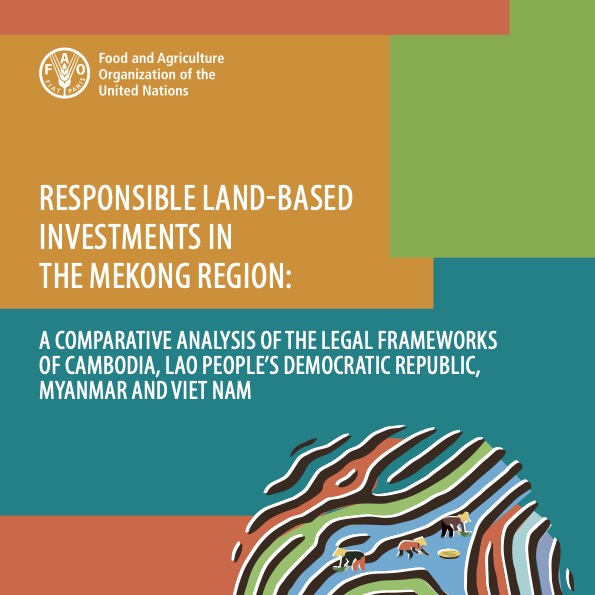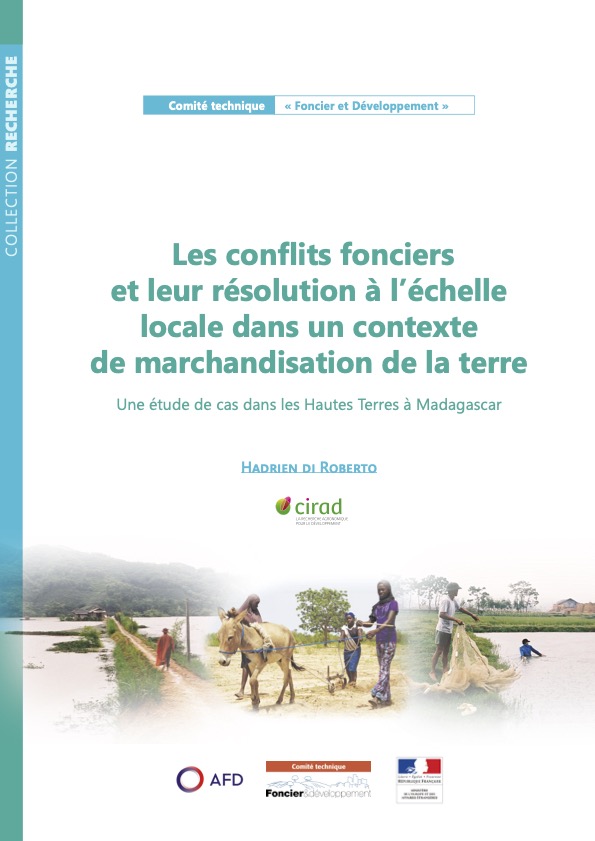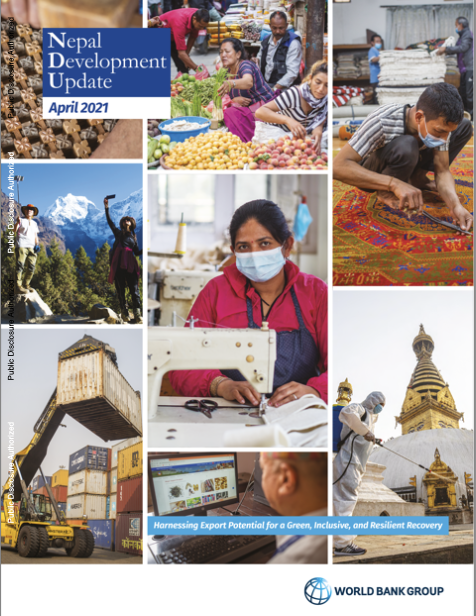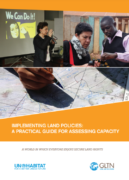L’accaparement des terres dans la province du Sud-Kivu : expériences paysannes
Cette étude est le troisième volet d’une série consacrée à l’accès à la terre, thématique centrale du programme 2017-2021 d’Entraide et Fraternité. Les deux premiers volets ont été consacrés en 2018, à Madagascar et en 2019, aux Philippines.

